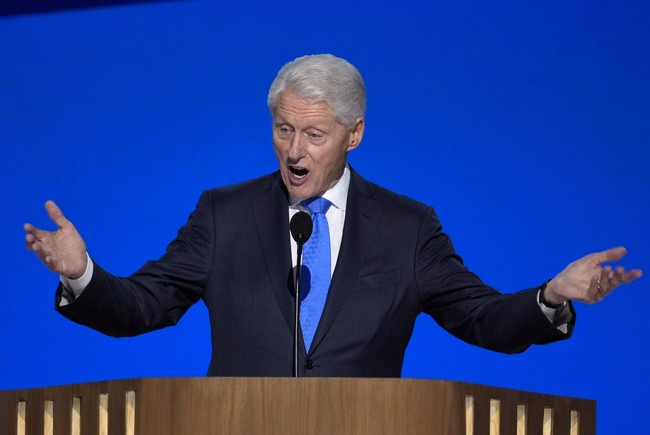The Intense Scrutiny of Trump's Nominees Unfolds
Amidst significant controversy, Pete Hegseth and Tulsi Gabbard navigate complex political waters in their quest for Senate confirmation, highlighting intense debates over qualifications and integrity.
Published December 10, 2024 - 00:12am

Image recovered from redstate.com
As the nation awaits the inauguration of President-elect Donald Trump, attention turns to the contentious Senate confirmation process for two of his highly scrutinized nominees: Pete Hegseth for Secretary of Defense and Tulsi Gabbard for Director of National Intelligence. Both candidates face significant hurdles as they seek to gain the necessary support from a Republican-majority Senate that remains deeply divided on key political issues.
Pete Hegseth, a former Fox News contributor with a decorated military background, is one of Trump's most controversial picks. Amid accusations of misconduct and financial impropriety from his tenure at veterans advocacy organizations, Hegseth's nomination has drawn skepticism from several quarters. Specifically, allegations involving excessive drinking and a failure to address sexual harassment claims within his team have raised red flags. While Hegseth and his supporters dismiss these charges as baseless, the scrutiny has intensified following his meetings with key senators, including Joni Ernst (R-IA).
Senator Ernst, herself a military veteran and survivor of sexual assault, is pivotal in Hegseth's confirmation hearings. Her demands for Hegseth to commit to a comprehensive Pentagon audit and prioritize addressing sexual misconduct within military ranks reflect broader concerns about his leadership abilities and past conduct. Ernst's statement, following a second meeting with Hegseth, indicating cautious optimism about his candidacy, suggests a complex negotiation balancing political allegiance and ethical considerations.
Meanwhile, the potential candidacy of Ron DeSantis, former Navy JAG officer and 2024 Republican presidential primary rival, has emerged within the Republican discourse. DeSantis, known for his traditionalist approach to military policies, including opposition to diversity initiatives and transgender military service policies, aligns closely with Hegseth and Trump on many defense issues. Reports about Trump's consideration of DeSantis as a possible replacement underscore the high-stakes political machinations surrounding this appointment.
Parallelly, Tulsi Gabbard's nomination for Director of National Intelligence further complicates the political landscape. Gabbard, a former U.S. Representative with limited intelligence experience, has faced criticism for her perceived leniency towards Russia and her controversial 2017 visit to Damascus. Despite her shortcomings, Gabbard's supporters argue her skepticism aligns with Trump's America First military policy. Her Senate appearances, coinciding with renewed tensions in Syria, underscore the intricate geopolitical narratives threading through these proceedings.
The thin Republican majority in the Senate necessitates nearly unanimous party support for these nominations to succeed, compounding the pressure on both nominees and their backers. Trump's firm support for Hegseth, despite allegations, and Ernst's precarious position balancing party lines and personal convictions, represents the broader Republican struggle to solidify its defense and intelligence leadership choices amidst vociferous opposition and public skepticism.
Influential voices like Dan Bongino have taken to social media platforms, warning against perceived attempts to derail Hegseth's candidacy. Bongino's outspoken defense reflects a wider endorsement from Trump's right-wing contingent, further emphasizing the ideological rifts within the party concerning these nominations.
While much remains uncertain, the confirmations of Hegseth and Gabbard will undoubtedly shape the early trajectory of the Trump administration's defense and intelligence policies. Their ability to navigate these contentious waters, under intense public and political scrutiny, will serve as an indicator of their capacity to handle the complex responsibilities their respective roles entail. The ongoing debates in the Senate present a microcosm of the larger challenges facing the administration as it seeks to implement its agenda in the coming years.







